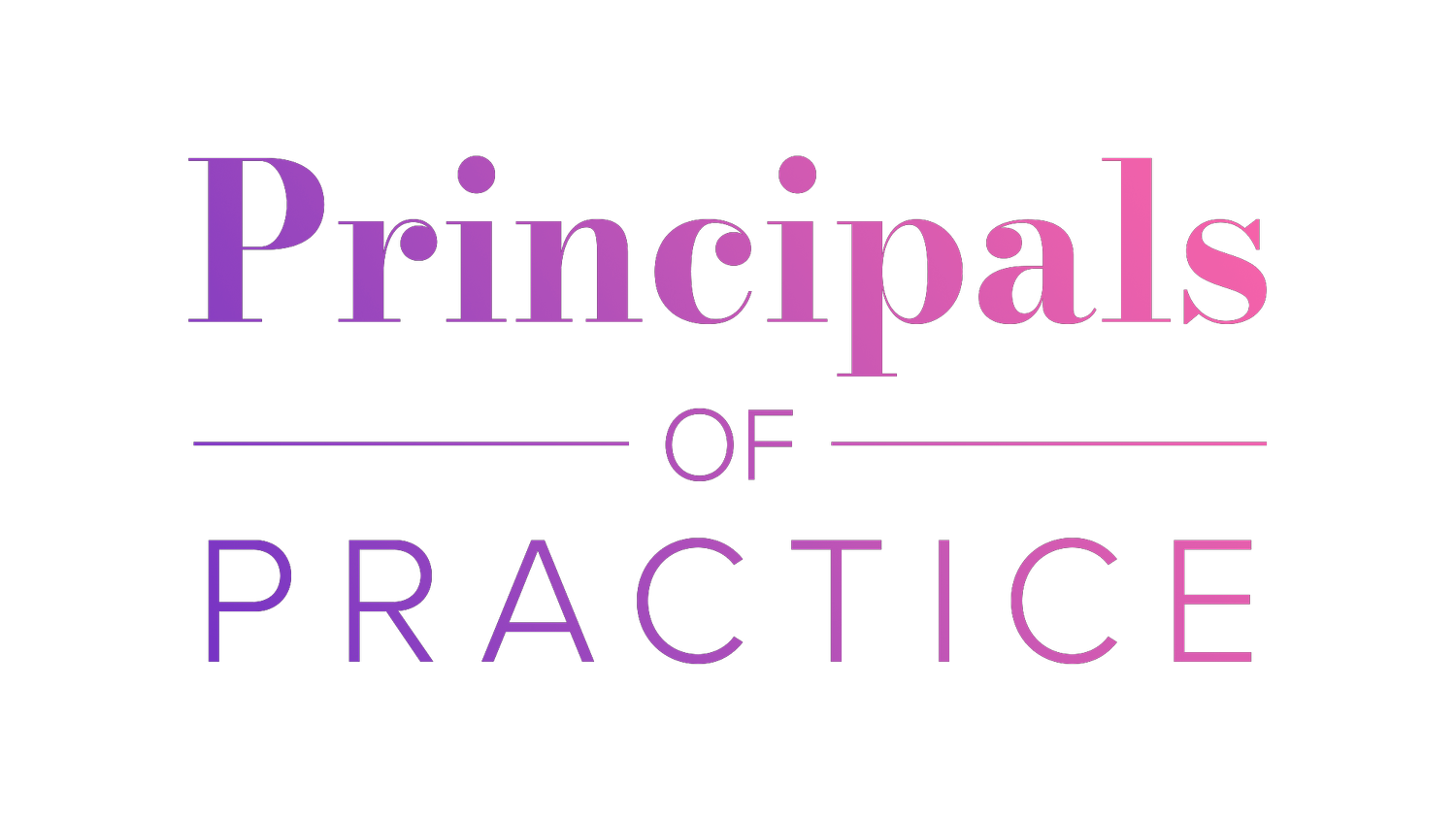From bystanders to bravehearts: how to be courageous enough to call out toxic behaviour in the workplace
Toxic work cultures involving harassment and assault are back in the spotlight but are only highlighting the tip of the iceberg when it comes to dangerous workplaces.
While 39% of women and 26% of men have experienced sexual harassment in the workplace, only one in five people made a report about the behaviour. And of those who did make a formal report, 20% were labelled as troublemakers or were ostracised, victimised or ignored by colleagues. Or, they resigned.
On top of that, 40% of workplace sexual harassment incidents were witnessed by at least one other person and in 69% of those cases, the witness did nothing to intervene.
These statistics from the 2018 survey into sexual harassment in the workplace conducted by the Australian Human Rights Commission don’t make you want to speak up, do they?
Condoning abuse by silence
Given widespread workplace training and policies on sexual harassment, discrimination and assault, it is astonishing that this behaviour continues. What’s worse, is that it often appears to be accepted and condoned through silence.
What is holding people back from intervening in these circumstances? Is the harassment so widely known within the organisation that the bystander effect (a psychological phenomenon describing how individuals are less likely to offer help to a victim when there are other people present) kicks in? Does no one care, or are people simply too scared to speak up, afraid that they may suffer similar fate that we know is experienced by victims of sexual harassment? What happened to the ideals of personal leadership and courage?
Those who are most successful at speaking out against unethical behaviour are those who are respected insiders with good reputations and a track record, according to research by James Detert. These credentials, he said, enabled these “insiders” to make more headway than those on the margins could, after they had balanced all the risks of speaking up, of course. Leaders should be concerned about this research, particularly if they are (by implication perhaps) only encouraging “long-standing, respected insiders with track records and who have completed a full risk analysis” to speak up.
Fear and futility
Leaders need to empower all of their employees to be courageous and be clear about what they won’t stand for.
Many with a few years of work experience under their belt would have faced more than one situation where their courage has failed them. I know I have. Possibly not in a situation involving sexual harassment or assault but perhaps failing to call out a sexist joke or comment, or remaining silent when someone is being blatantly unfair – heck, perhaps even tolerating or shrugging off inappropriate comments.
And if many of us can point to situations where we feel we should have said something, what then must leaders do to empower their people to have courageous conversations?
I believe they need to tackle the two things their workers are most concerned will happen if they do speak up:
· Fear of disconnection, breaking bonds and ruining relationships – an unwillingness to share the spotlight with the victim in case they are labelled a troublemaker or are ostracised; and
· Futility – a sense that many within the organisation are already aware of the issue and that speaking up won’t change anything.
Putting in place measures to ensure that those who speak up continue to be included and not ostracised is one way to promote a culture of courageous conversations. And this should extend beyond the realm of speaking out against harassment and assault: employees should feel empowered to challenge the status quo and provide timely constructive feedback as part of their role. It is also important to create an environment where poor workplace behaviour simply won’t be tolerated, no matter how much money the perpetrator brings in, or how many important contacts they may have. It needs to be clear – not just in policies but in practice – what behaviour won’t be allowed. Every member of the organisation must feel a responsibility to actively protect and advocate for the safety and dignity of everyone else.
It is not a case of making employees wholly responsible for their own safety but rather creating an environment where people are encouraged to speak out about poor behaviour because doing so is important and impactful. And one day, it might just put a stop to toxic workplaces.

